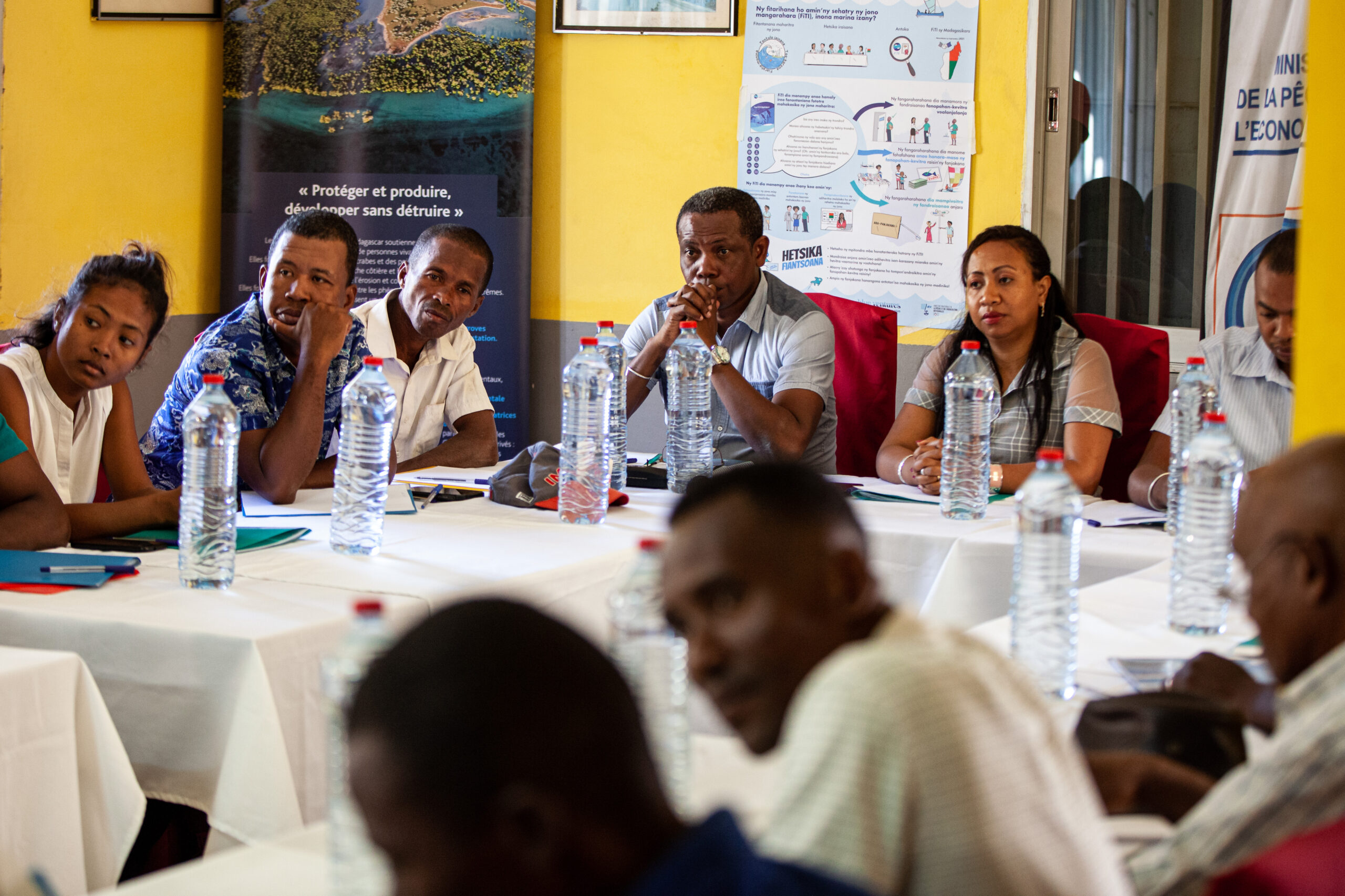FiTI and People Powered collaborate on strengthening inclusive fisheries policy-making in Seychelles and Madagascar

The FiTI and People Powered – the Global Hub for Participatory Democracy – are collaborating on a pilot project to strengthen the link between transparency and stakeholder participation with the aim of developing a scalable global model that can be beneficial for other FiTI countries in the future.
Public availability of information regarding the fisheries sector is a core element to achieving good governance. The FiTI was established to address this challenge and to support coastal countries in increasing fisheries transparency, thereby contributing to the sustainability of marine fisheries.
By making fisheries management more transparent and inclusive, FiTI promotes informed public debates on fisheries policies and supports the long-term contribution of the sector to national economies and the well-being of citizens and businesses that depend on a healthy marine environment.
However, early FiTI implementations in several countries have shown that despite efforts to engage the public, non-governmental organizations are left with questions on why they should get involved, or how their voices can contribute to protecting the climate and fisheries industry.
This is why the FiTI is partnering with People Powered. People Powered provides international organizations with the global support and experts necessary for effective and innovative participation, on issues such as climate democracy.
The FiTI, together with People Powered’s Czech Republic-based member organization Participation Factory, have devised a strategy that will create more inclusive policy-making, by piloting a participatory approach for the FiTI National Multi-Stakeholder Groups (MSGs) of Seychelles and Madagascar.
This pilot approach includes the mapping of core needs, challenges, and opportunities and will enable the FiTI National MSGs of Seychelles and Madagascar to determine practical recommendations for their national governments. Furthermore, both national governments will be invited to go through a tailor-made capacity-building program and receive expert support to ensure successful preparation and implementation of the recommendations.
Through this, it is expected that both national governments will develop a robust understanding of the value, good practices and opportunities of participatory policy-making and open, inclusive governance of marine fisheries. Furthermore, this project will serve as a guide for future interventions in the fisheries sector and elsewhere.
